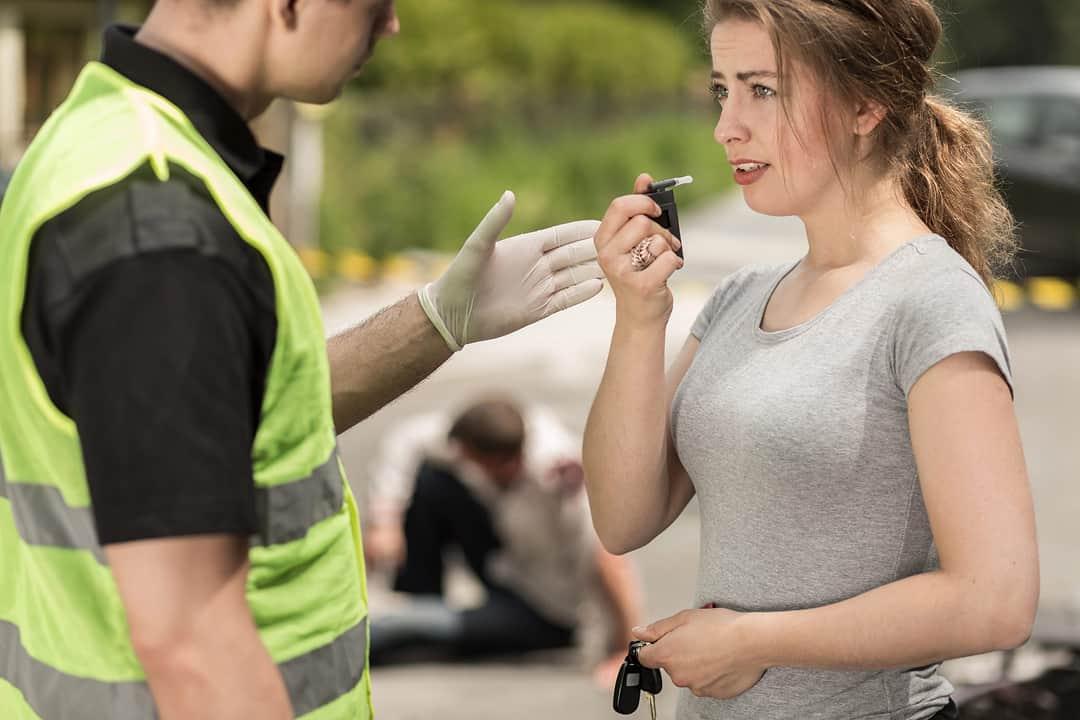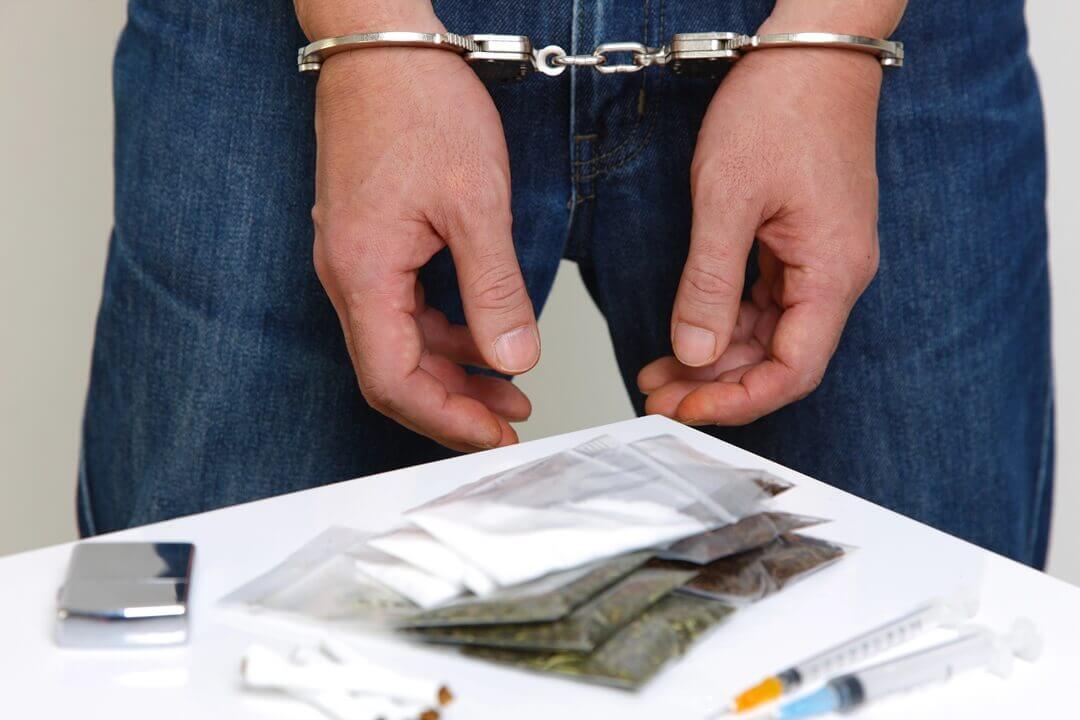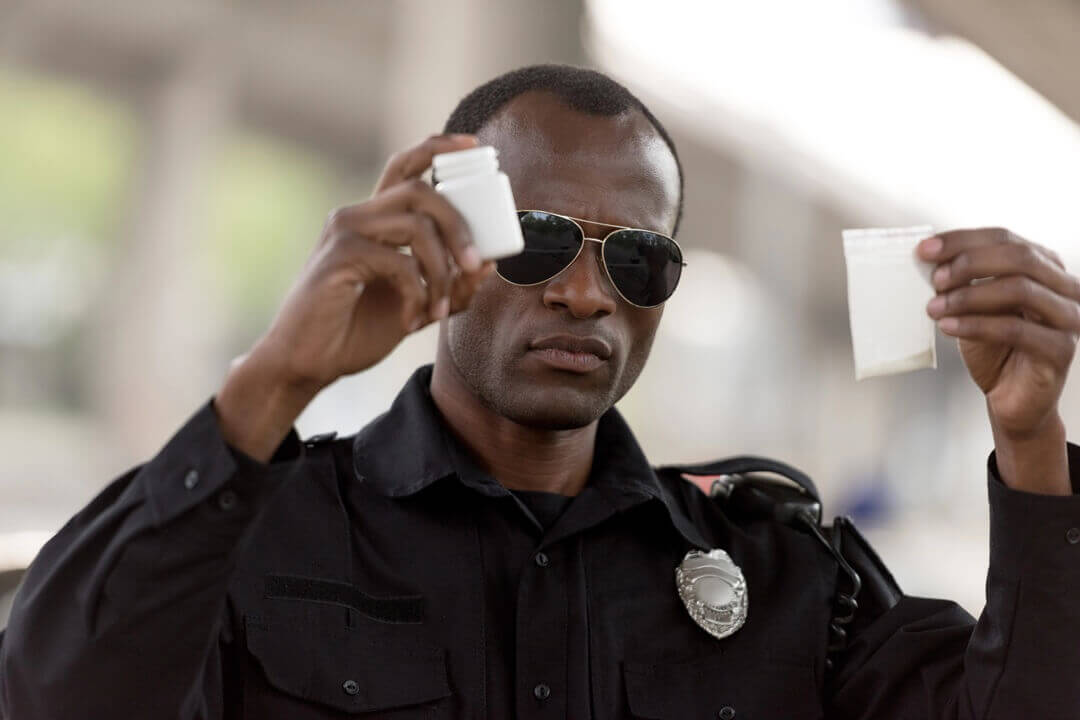Key Points:
- Texas drivers agree to breath or blood tests under the “implied consent” law after a lawful DWI arrest.
- You can refuse a breathalyzer, but your license will likely be suspended, even if you aren’t convicted.
- Refusal also makes you look guilty in court, and it won’t stop officers from arresting you.
- An experienced DWI attorney can challenge the traffic stop, the testing procedures, or the arrest to help you keep your license and avoid penalties.
- If you’ve refused a breathalyzer, act fast to protect your record and your driving privileges.
A flashing light in your rearview mirror. A few questions. Then the officer says, “I need you to take a breath test.” What you do next could shape your future.
If you’re stopped on suspicion of DWI in Texas, you might wonder if you’re allowed to say no. The short answer? Yes, you can refuse, but that decision comes with serious consequences, even if you’re never convicted.
Here’s what to know about Texas’s implied consent law, what happens if you refuse a breathalyzer, and how a local defense attorney can protect your rights.

What Is Texas’s Implied Consent Law?
In Texas, simply having a driver’s license means you’ve already agreed, in advance, to chemical testing after a lawful arrest for DWI. This is called “implied consent.”
What that means:
- If an officer lawfully arrests you for suspected DWI…
- They can ask for a breath, blood, or urine test to measure intoxication…
- And refusing that test triggers automatic penalties, even if you’re innocent.
Importantly, this doesn’t apply to the portable breath test (PBT) offered roadside before arrest. You can legally decline that one. But once you’re arrested, refusing the official test, usually done at the station, activates penalties from the Texas Department of Public Safety (DPS).
What Happens If You Refuse A Breathalyzer Test?
Refusing a breath test might seem like a smart move to avoid giving the state evidence, but it often backfires, especially if you’re caught off guard or unaware of the legal risks.
Here’s what refusing the test triggers:
Automatic License Suspension
- First Refusal: 180-day driver’s license suspension.
- Second Refusal (within 10 years): Up to 2 years of suspension.
Even if your DWI charges are dismissed, you can still lose your license just for refusing the test. You have 15 days from your arrest to request an ALR hearing (Administrative License Revocation); otherwise, the suspension goes into effect automatically.
Fines, Fees & Hidden Costs
You won’t avoid penalties by refusing. In fact, it could cost you more in:
- Reinstatement fees.
- SR-22 insurance (proof of high-risk coverage).
- Court-ordered ignition interlock (a breath device in your car).
It Could Be Used Against You In Court
Prosecutors love to argue that “only guilty people refuse the test.” It’s not true, but the jury might think otherwise. Refusal can be used to make you look evasive or dishonest, even if you just didn’t understand your rights.
Can You Be Arrested Without A Test?
Yes. Refusing a breath test won’t stop your arrest. If the officer believes you’re intoxicated based on how you’re driving, how you speak, or how you perform on field sobriety tests, they can arrest you on the spot.
Worse, police may apply for a warrant to draw your blood anyway, so refusal doesn’t always stop testing; it just delays it.
Legal Defenses After Refusing A Breath Test
Facing a suspension or DWI charge after refusing the test doesn’t mean it’s game over. Our attorneys routinely challenge:
- The legality of the traffic stop.
- Whether the arrest was valid under the law.
- Whether officers read your rights correctly.
- Medical or health conditions that made the test hard to perform.
- Improper procedures that violated your rights.
Every detail matters. If the stop or arrest violated protocol, any evidence, including the refusal, could be thrown out.
What About First-Time Offenders?
Even if it’s your first offense, a refusal can make things harder. Prosecutors may offer harsher plea deals, and license suspension still applies.
That said, first-time cases often have strong opportunities for reduction or dismissal, especially with a skilled DWI defense attorney who knows the local courts in Arlington.
Challenging Breathalyzer Refusal Charges
At Arlington Criminal Attorneys, we help drivers get back on track after breathalyzer refusals and DWI arrests. We don’t just fight charges, we fight for your license, your record, and your future.
Here’s what we do:
- File to stop the automatic license suspension.
- Challenge the legality of your traffic stop and arrest.
- Review every detail of your interaction with officers.
- Negotiate for dismissal or reduction of charges.
- Represent you at the ALR hearing and criminal court dates.
- Guide you through license reinstatement and SR-22 issues.
You don’t have to go through this alone, and you don’t have to face the courts unprepared.
Refused A Breathalyzer? Don’t Wait, Call Us Today
If you refused a breathalyzer and aren’t sure what happens next, let’s talk. You have limited time to stop your license suspension and start building a strong defense.
At Arlington Criminal Attorneys, we’ve helped countless drivers turn things around after DWI arrests and refusals. Call us today to schedule a confidential case evaluation and protect your future before it’s too late.





